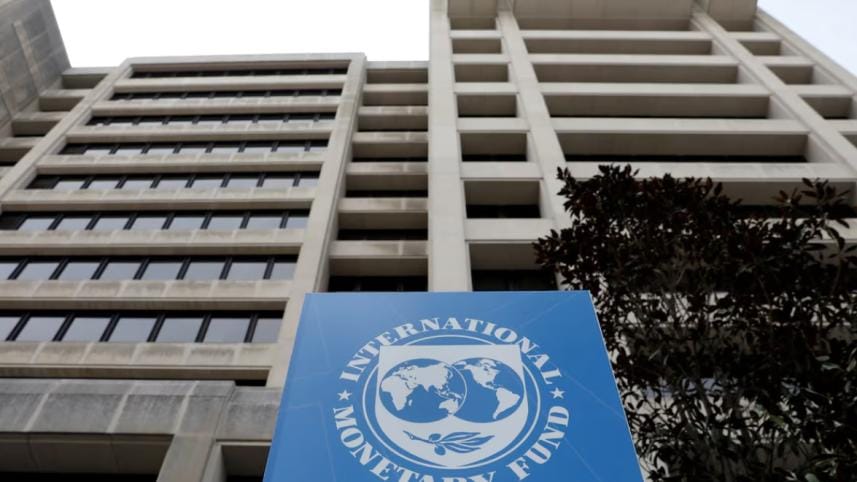VAT hike reflects govt’s failure in negotiation with IMF

The recent hike in value-added tax (VAT) and supplementary duty on nearly 100 goods and services reflects the government's failure to negotiate effectively with the International Monetary Fund (IMF), economists said at a roundtable yesterday.
They claimed the government raised VAT in line with IMF conditions to generate an additional Tk 12,000 crore in revenue.
However, they argued that this target is unlikely to be met, ultimately burdening businesses and consumers instead.
"The government couldn't negotiate properly. The IMF frequently pushes to increase the tax-to-GDP ratio, but timing is crucial," said M Masrur Reaz, chairman of the Policy Exchange of Bangladesh.
The speakers said the government raised VAT in line with IMF conditions to generate an additional Tk 12,000 crore in revenue
"This is a complete failure to negotiate on the government's side, of which the National Board of Revenue (NBR) was a part," he added.
Reaz made the remarks during a roundtable discussion titled "The burden of additional taxes on consumers: Ways to overcome it", organised by jagonews24.com, an online news portal, at the premises of the Metropolitan Chamber of Commerce and Industry (MCCI) in the capital.
Citing a study, Reaz pointed out that reducing the tax burden by 20 percent could lead to a 14-fold increase in private investment amid natural GDP growth, while revenue collection could rise by 6.5 times.
"We often change tax policies without conducting proper impact assessments, which creates uncertainty and hinders economic growth," he added.
Echoing similar concerns, Prof MM Akash, a former professor of economics at the University of Dhaka, said, "I believe the negotiations with the IMF failed."
He added, "This VAT hike was not a deliberate move by the government; rather, they were left with no alternative.
"However, this decision will not achieve its intended goal. Revenue collection will not improve, and instead of escaping the crisis, the government will find itself in deeper trouble – I am making this prediction."
Mustafa K Mujeri, executive director of the Institute for Inclusive Finance and Development, criticised the timing of the decision as well as the rationale.
"The government has made a flawed decision at the wrong time," he said. "Instead of carefully considering the implications, they rushed into this as an easy solution under the IMF's recommendations."
He further noted that IMF and World Bank policies have historically failed in Bangladesh.
"The current IMF prescription is set to fail as well, and that is why policymakers are now shifting their stance," he added.
Businesses also voiced strong opposition to the recent VAT hike.
Ahsan Khan Chowdhury, chairman and CEO of Pran-RFL Group, warned that unfairly placing the tax burden on compliant businesses could have dire consequences.
"If only law-abiding [compliant] businesses are taxed heavily, good companies will struggle to survive in the future," he cautioned.
"If businesses fail, employment will stagnate, living standards will not improve, and trade and commerce will suffer."
Chowdhury urged the NBR to engage with business leaders and policy thinkers to explore ways to improve per capita tax collection.
"Increasing taxes on essential goods mid-year will do more harm than good," he added.
"Raising VAT and duties on daily necessities will not benefit anyone. It will only make life harder for consumers and businesses alike."
Mohammad Hatem, president of the Bangladesh Knitwear Manufacturers and Exporters Association, highlighted that inflation has remained high for a prolonged period, and efforts to curb it have been unsuccessful.
"Meanwhile, extortion in markets like Jatrabari and Karwan Bazar continues unchecked. Who is benefiting from this extortion? The same applies to the transportation sector. If extortion in these areas is curbed, inflation will naturally decline," he said.
Among others, Khondaker Golam Moazzem, research director of the Centre for Policy Dialogue, and Ashraf Ahmed, former president of the DCCI, spoke at the event.



 For all latest news, follow The Daily Star's Google News channel.
For all latest news, follow The Daily Star's Google News channel.
Comments